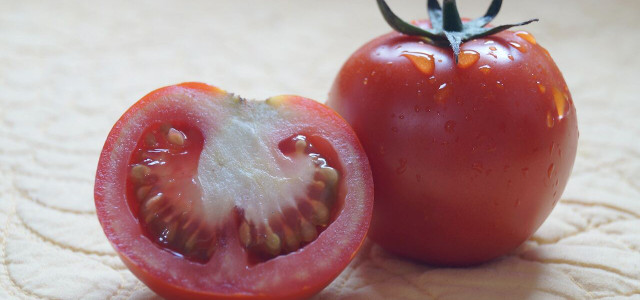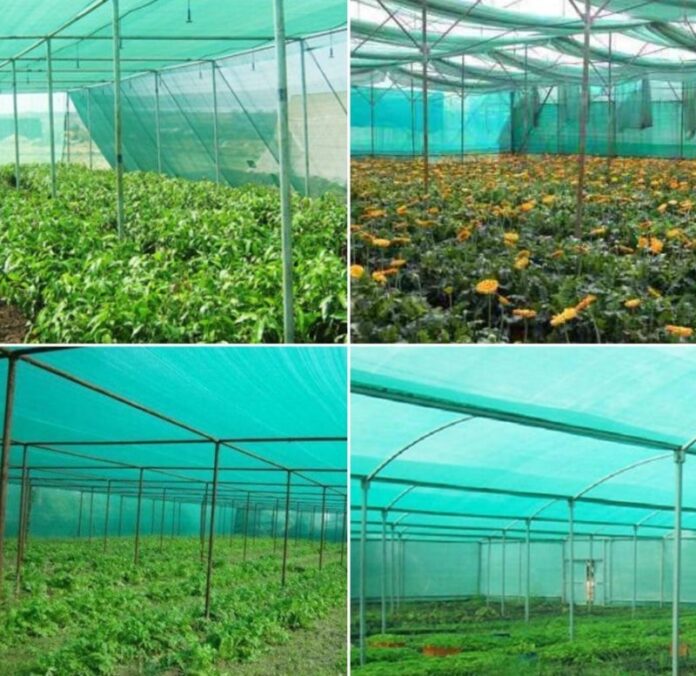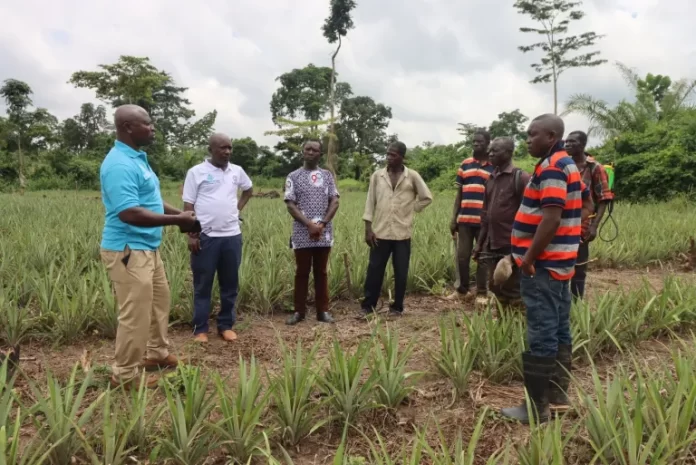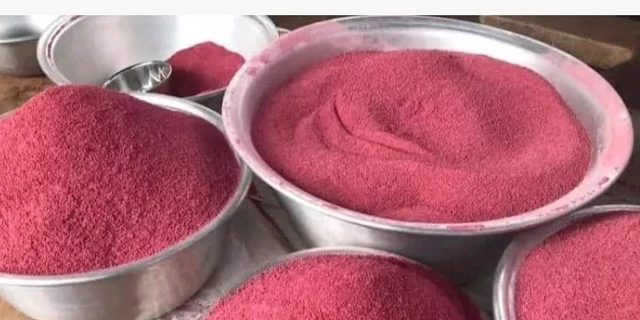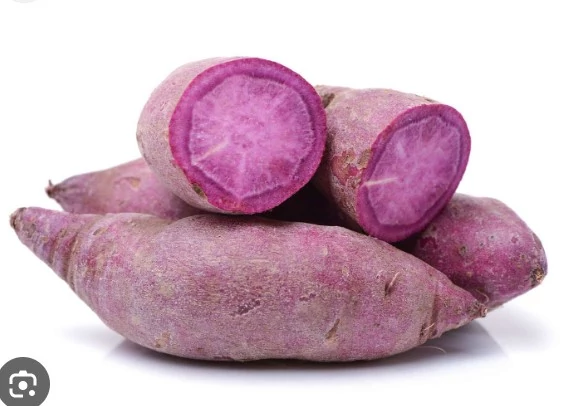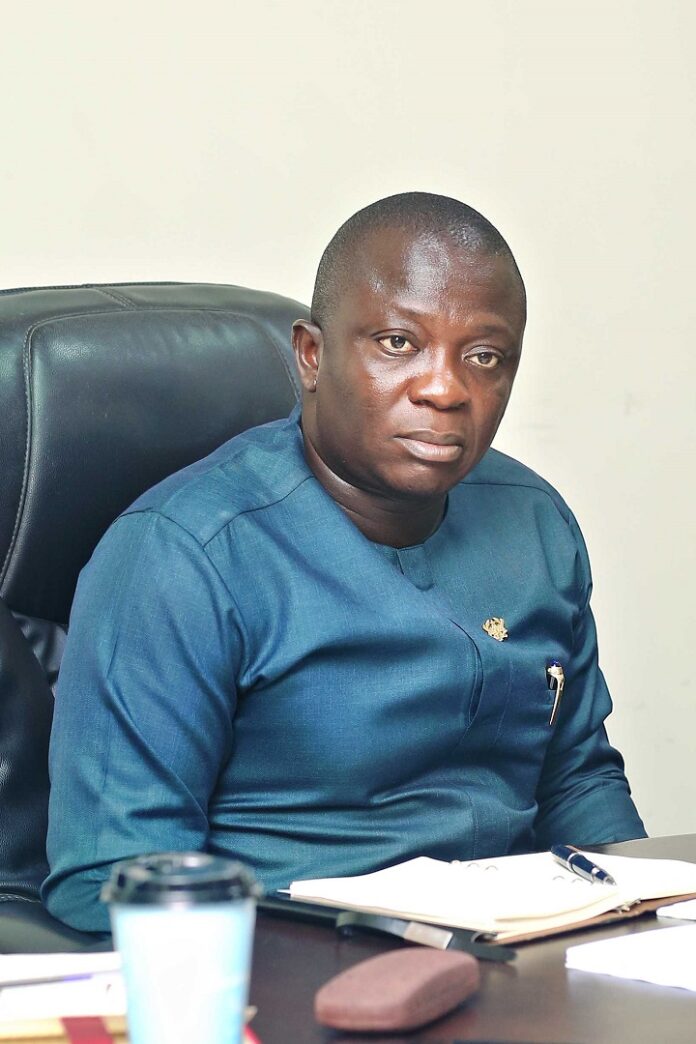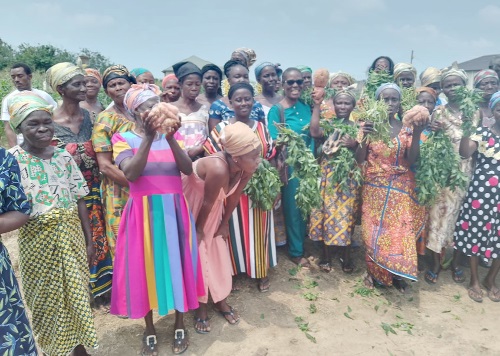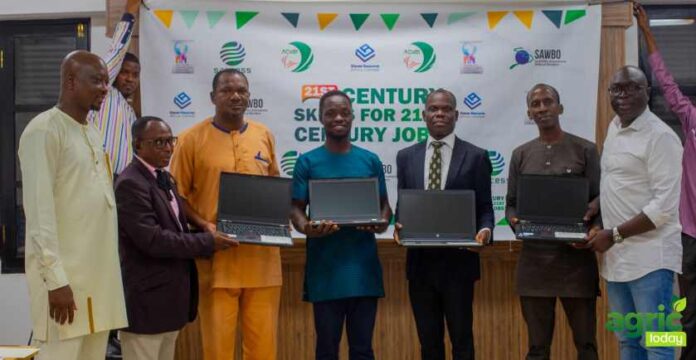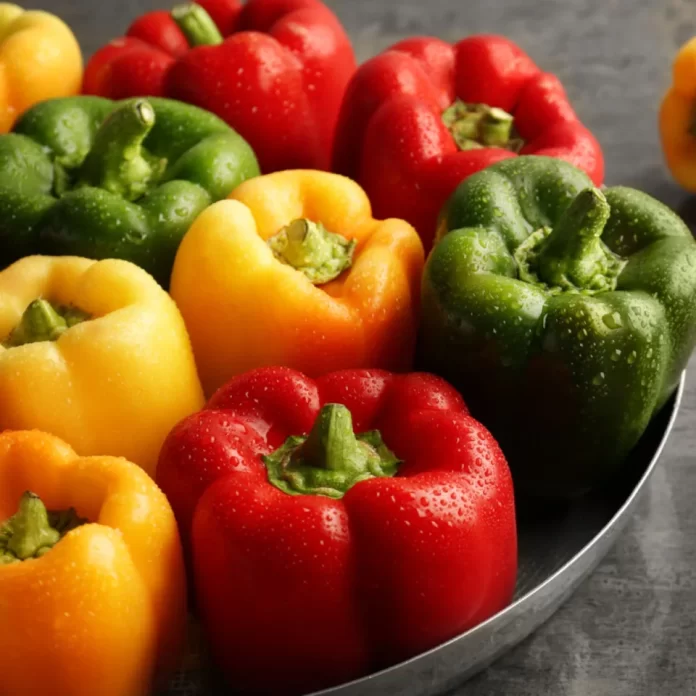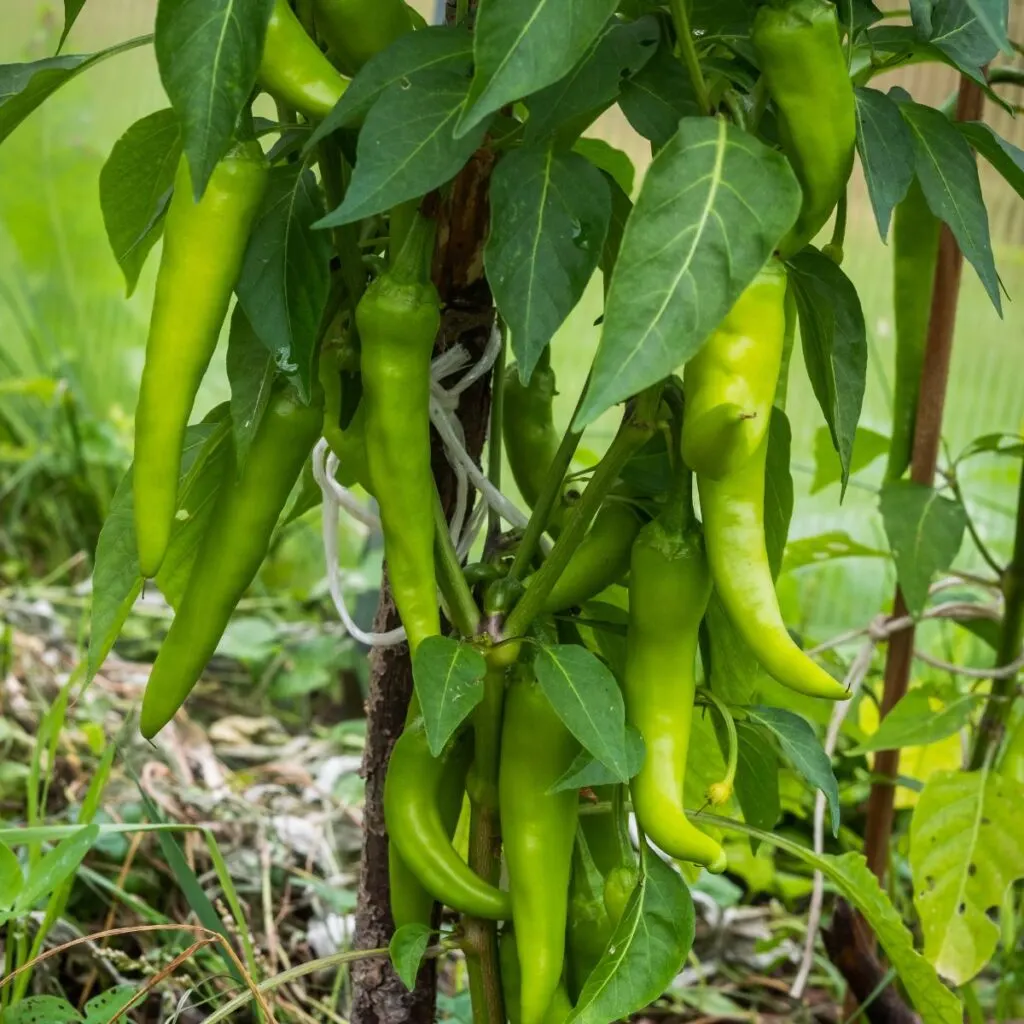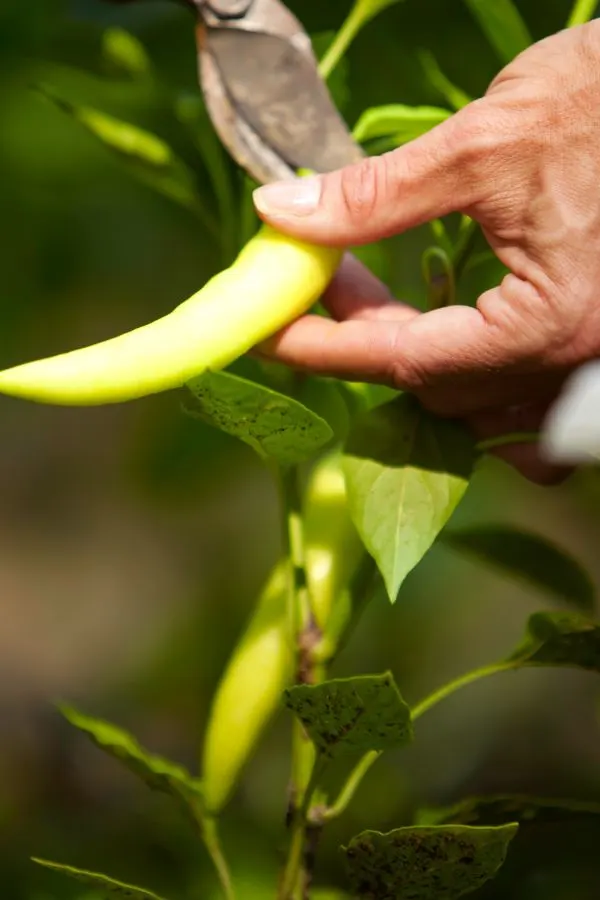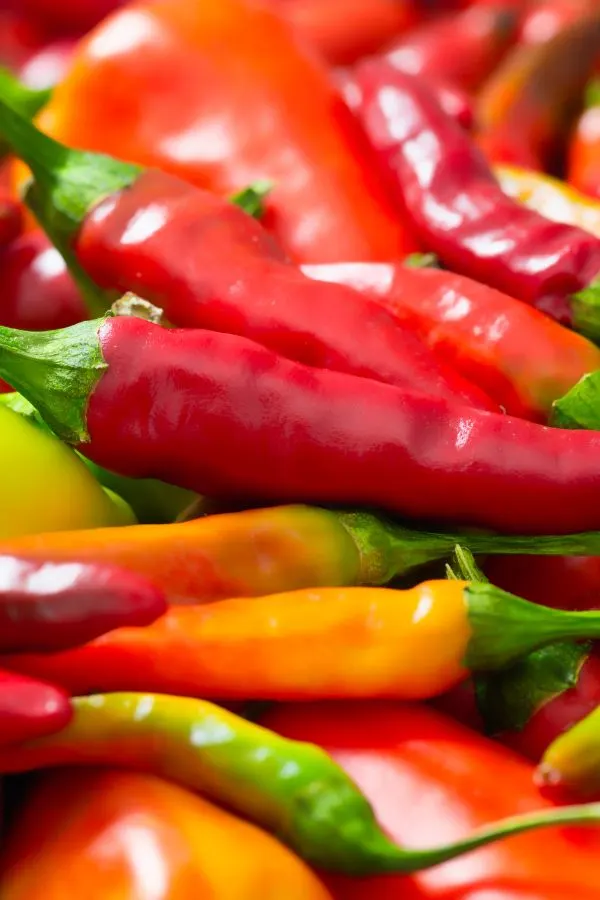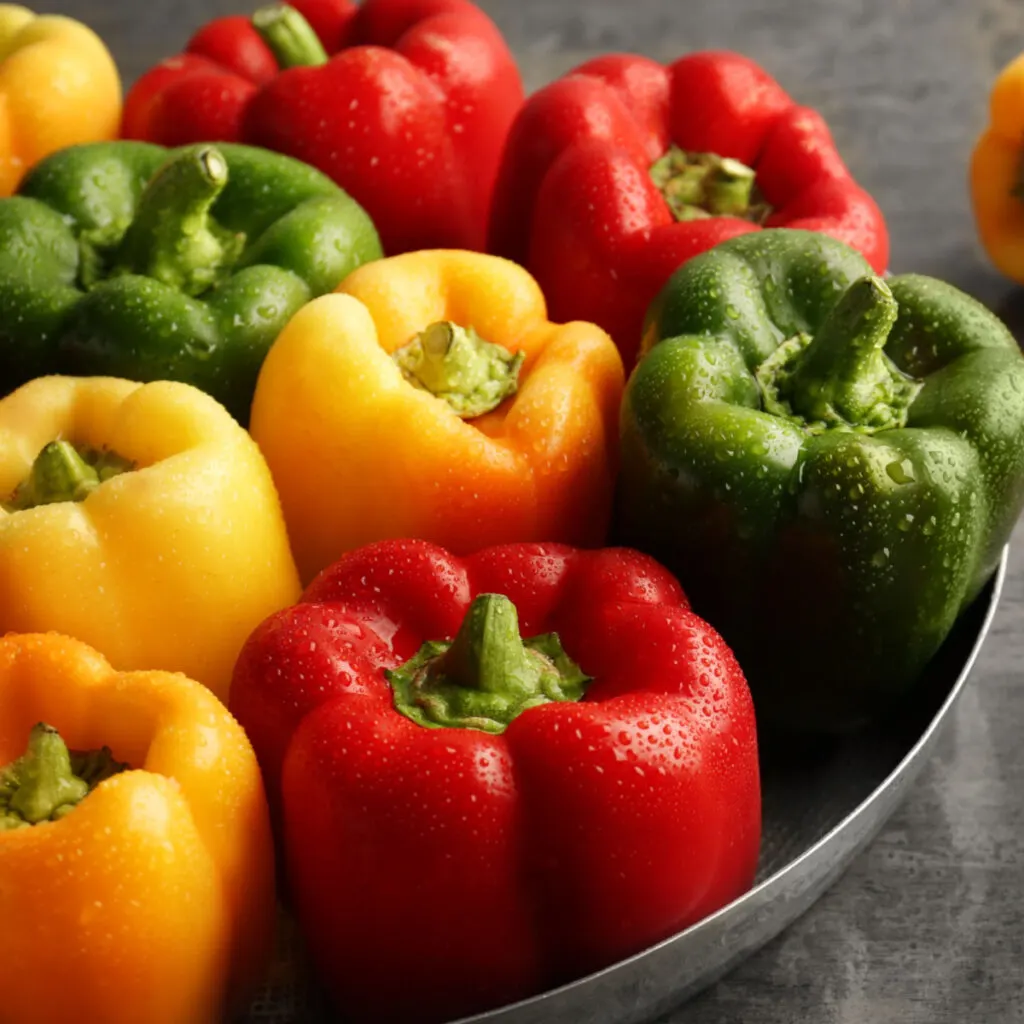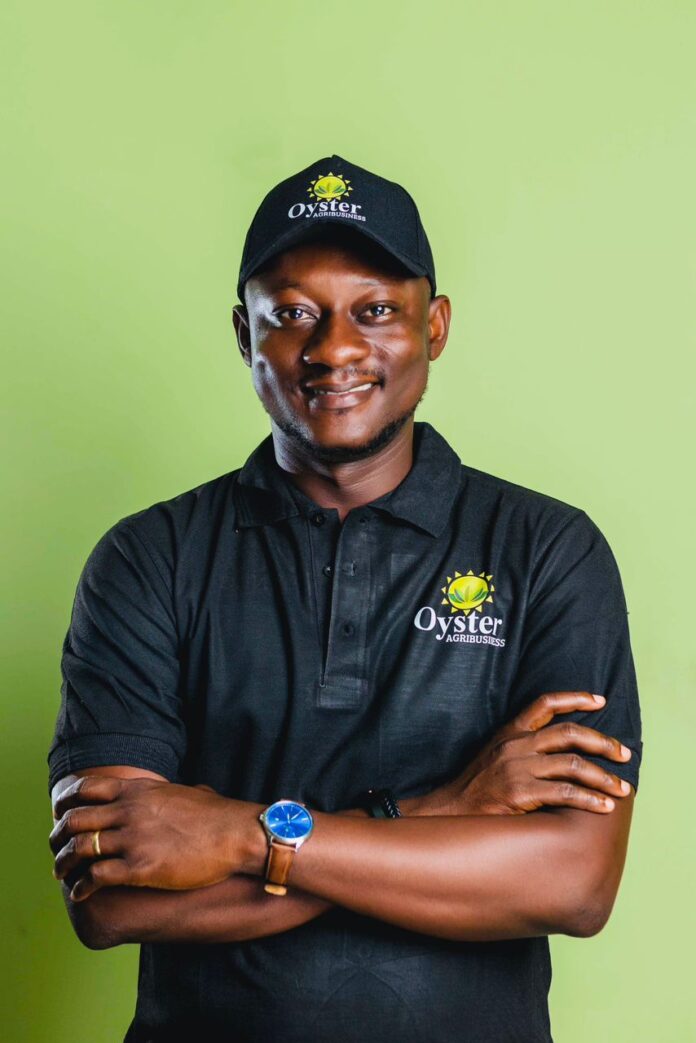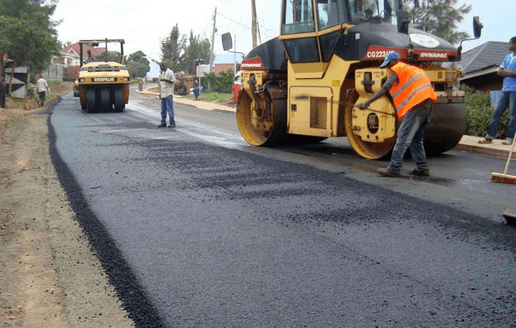Learn how to save tomato seeds with our step-by-step guide! Regrow heirloom varieties without buying new seeds and make your garden more self-reliant and sustainable.
There’s nothing better than looking over your thriving garden and seeing your vibrant red tomatoes glistening in the golden sunlight. Did you know that these fruits are not only the key to a tasty tomato salad today, but also to a beautiful crop next year too?
Whether you grow tomatoes in containers or as part of a larger garden, saving tomato seeds is the easiest way to unlock the secret of infinite tomato plants for years to come. This guide will walk you through the necessary steps, tips and best practices for successful seed saving. By preserving these seeds, you can regrow heirloom varieties without the need to buy new seeds, making your garden more self-reliant and sustainable. Let’s learn how to save tomato seeds!
Choosing the Right Tomato
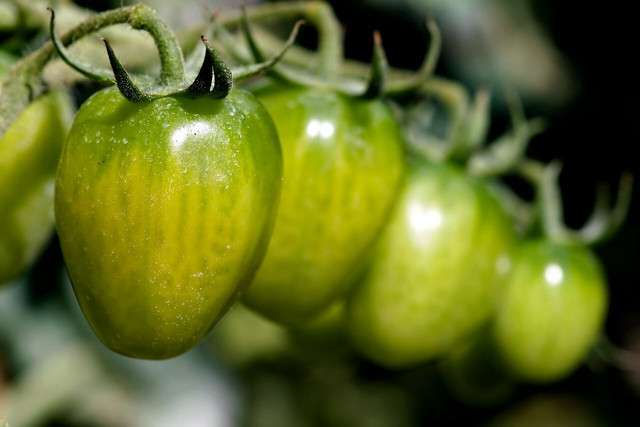
To start seed saving, you must first choose the most exceptional tomatoes from your own garden or look for open-pollinated or heirloom varieties. These are tomatoes that have been pollinated naturally by wind or insects and produce seeds that will grow new plants with characteristics similar to the parent plant. Hybrid varieties, on the other hand, may not produce true-to-type plants from saved seeds.
Consider the following questions when selecting tomatoes for seed saving:
- Which tomatoes taste the best?
- Which tomato plants were able to withstand any diseases or tough weather they may have faced?
- Which tomatoes looked the best?
Trust your instincts when picking tomatoes for seed saving. Wait for the tomatoes to finish ripening on the vine before you pick them to ensures that the seeds inside the fruits are mature and viable for saving.
Fermentation Method for Saving Tomato Seeds
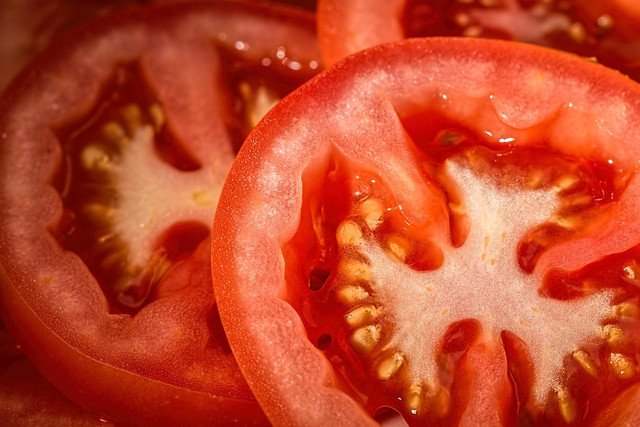
This method may surprise you, but did you know that you can save tomato seeds by fermenting them? Although it might sound odd, this is a very handy trick for sorting the viable from the non-viable seeds. Here are just a few of the benefits of this method:
- This method makes it less likely for plants to get sick. The fermentation process removes the gelatinous coating around the seeds, which can harbor pathogens.
- The process helps break down germination inhibitors present in the seed coating, increasing the viability of the seeds.
- Fermentation provides an opportunity for natural selection since viable seeds tend to sink to the bottom, while non-viable or lower-quality seeds and debris float and can be discarded.
Fermentation Instructions:
- Halve your chosen tomatoes, scoop out the pulp and seeds, and transfer them into a clean jar.
- Add water to the jar, approximately equal to the volume of the pulp-seed mixture.
- Cover the container with a cloth to keep insects out and place it in a warm location (around 70-80°F or 21-27°C) for 2–4 days.
- Stir the mixture once or twice a day while it is fermenting. The mixture will develop a layer of mold and a sour smell as Microbes make a gelatinous coating around the seeds.
- Add more water to the container after fermentation. Viable seeds will sink to the bottom, while any floating debris or non-viable seeds can be removed.
- Thoroughly rinse the seeds in a fine-mesh sieve under running water to remove any remaining pulp.
Drying Instructions:
- Put the seeds in a single layer on a paper towel or a fine screen to dry away from direct sunlight or in an area of high humidity.
- Turn the seeds occasionally to make sure they dry evenly.
- Let the seeds air dry completely, which can take a few days to a couple of weeks.
Once fully dry, store the seeds in a labeled envelope or airtight container in a cool, dry place until you are ready to start your seeds in egg cartons before transplanting them to the garden.
How to Save Tomato Seeds Through Manual Extraction
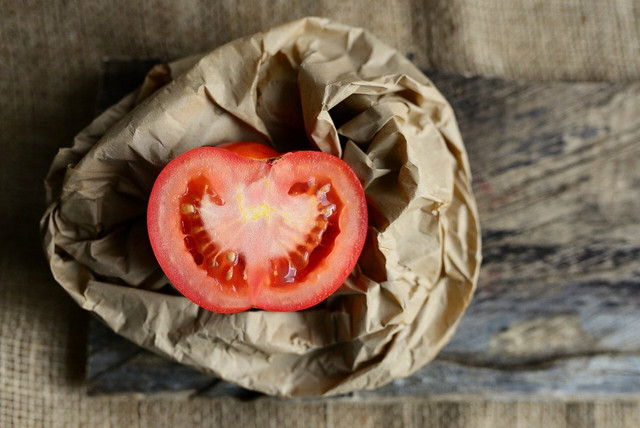
The more common way to save tomato seeds is to simply harvest them directly from the tomato. It’s easier and requires less effort than the fermentation method. Some other benefits of this method include:
- Fermentation can cause odor and mold, but manual extraction avoids these issues and is better for those sensitive to odors or concerned about mold.
- Gardeners prefer manually extracting seeds from specific tomato varieties to avoid altering their characteristics.
Manual Extraction Instructions:
- Slice your tomato in half and scoop out the pulp along with the seeds into a clean jar.
- Add water to the jar and stir or shake thoroughly to separate the seeds from the pulp.
- Viable seeds will sink to the bottom, while the pulp and debris will float on the top.
- Get rid of the floating pulp and debris, and collect the viable seeds at the bottom.
- Clean the seeds well by putting them in a fine mesh sieve and running water. This will get rid of any pulp that’s left.
You can then follow the same steps listed above for drying the seeds for later planting.
Why It’s Important to Reduce Reliance on Commercial Seeds
There are many great reasons to reduce our dependence on commercial seeds. When we save and replant seeds from heirloom varieties, we’re doing our part to preserve the remarkable diversity of plants and maintain their rich genetic heritage.
When we save and replant seeds from our own plants, those seeds gradually adapt to our specific growing conditions. They become perfectly attuned to our climate, soil, and other factors. It means our plants become more resilient, healthier, and better able to fend off pests and diseases.
We’re at risk of losing valuable genetic variation in our food system if we rely too heavily on commercial seeds. That’s bad news because genetic diversity is like insurance for the future. By saving and exchanging seeds with other gardeners, we contribute to keeping our food system strong, secure, and adaptable.
Saving seeds also gives us more control and independence in our gardens. By relying less on external seed suppliers, we can to choose and grow the plants that best suit our tastes and local conditions. Don’t forget the money saving aspect either!
Here are a couple more sustainable gardening practices we recommend incorporating alongside seed saving for maximum positive impact in your garden:
Companion Planting:
- Tomato companion plants can be very beneficial, like giving your tomatoes friends who will work together to protect each other. Planting companions like basil, marigold, or borage, for example, helps keep pests away and attract important pollinators like bees.
Natural Tomato Fertilizers:
- The best fertilizers for growing tomatoes contain nitrogen, phosphorus, and potassium, as well as other micronutrients, which can all be found in things like compost, aged manure, and organic plant-based fertilizers. By using natural fertilizers, you’re not only helping your plants but also reducing your reliance on synthetic chemicals.
By reducing your dependence on commercial seeds and adopting sustainable gardening practices like these, you’re creating a thriving ecosystem where your tomatoes can flourish while conserving resources.

